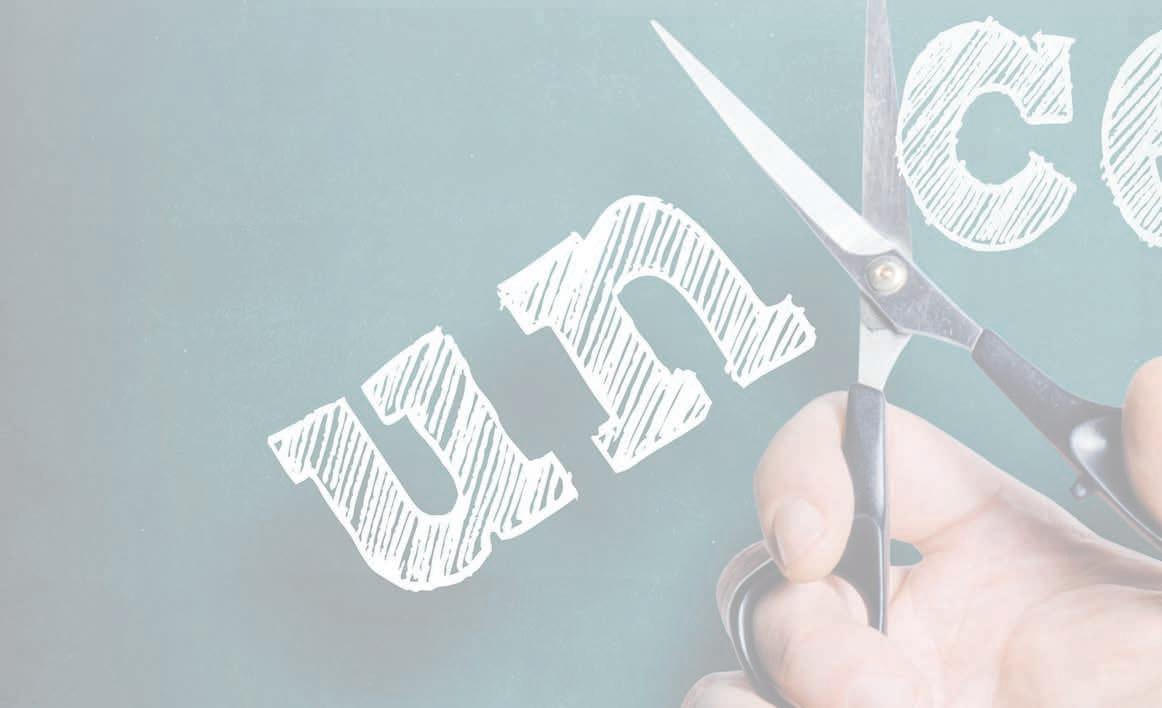
2 minute read
Stress Management in the Workers’ Comp World
Karl Kirkland, Ph.D.
Workers’ Compensation (WC) claims are challenging for everyone concerned: the patient, their family, the adjusters, the case managers, the employers, and the attorneys. As a retired psychologist, I spend thirty-six years evaluating and treating Workers’ Compensation claimants, so I know firsthand how the process works and the potential negative impact on the parties. Even cases that “go right,” can be extremely stressful.
In my experience, knowledge, and research of Workers’ Compensation, here are some ideas as to why the process goes wrong, as well as things that can make it better.
First, there isn’t just one factor to the stress of the situation, rather there are several sources such as: injuryrelated pain, depression, anxiety, fear of the future, to name a few. On the other side of the coin, there is the push for adjusters to do more with less. They suffer from high caseloads, a lack of training resources, high turnover rates among adjusters, as well as pressure to keep costs as low as possible.

These two “sides” have very different motivating factors and goals in the process of managing a claim.
One of my main frustrations as a treatment provider was once a plaintiff’s attorney entered the case, all parties retreated to their corners and stopped talking. From then on, it was as if all parties were functioning in their own silos. The lack of direct communication causes paranoid thinking, which often increases hostility and anxiety for all.


I spent many years studying claimants and the process on a case-by-case basis through evaluations. Stress, anxiety, and depression were always present. On the job injuries naturally cause disruptions for the injured worker. However, the same goes for the claims adjuster or case manager.
With help from the Alabama Department of Labor, I recently completed a research study on claims adjusters and stress. We surveyed forty-six Workers’ Compensation adjusters attending a mandatory continuing education conferences in Alabama. The adjusters were asked to respond to questions concerning their perceptions of work stressors.
Results revealed seventy-four percent (74%) of adjusters reported they were overburdened with too many claimant files to manage. In addition, adjusters listed their stressors as managing claimant relationships like dealing with anger and fear, handling complicated settlements, high turnover rates among their peers, time management, and the challenge of working with multiple jurisdictions concerning Workers’ Compensation laws and regulations.
My research and experience in the field have led to a set of proposed solutions. These include:
• More training for new adjusters
• Peer mentors within companies to shepherd new hires


• Early involvement of psychologists in the claim
• Avoidance of the “silo effect” by having open conference calls between adjusters and all parties at the beginning of a case and mid-stream during case management
We also asked about positive coping strategies of adjustors. Stress management is “in the eye of the beholder,” so use what works for you. Common strategies included:
• Setting boundaries
• Exercise


• Effective time management
• Walking away from your desk
• Taking breaks
• Developing protocols so cases are uniformly handled with the same processes and actions by the adjuster to increase control
Karl Kirkland, Ph.D., is a retired clinical psychologist, who regularly evaluated and treated workers’ comp cases in central Alabama for 36 years. He earned a doctorate degree in Philosophy. He is a Forensic Consultant with MPA Legal, the Forensic Services Division of Montgomery Psychiatry & Associates.


